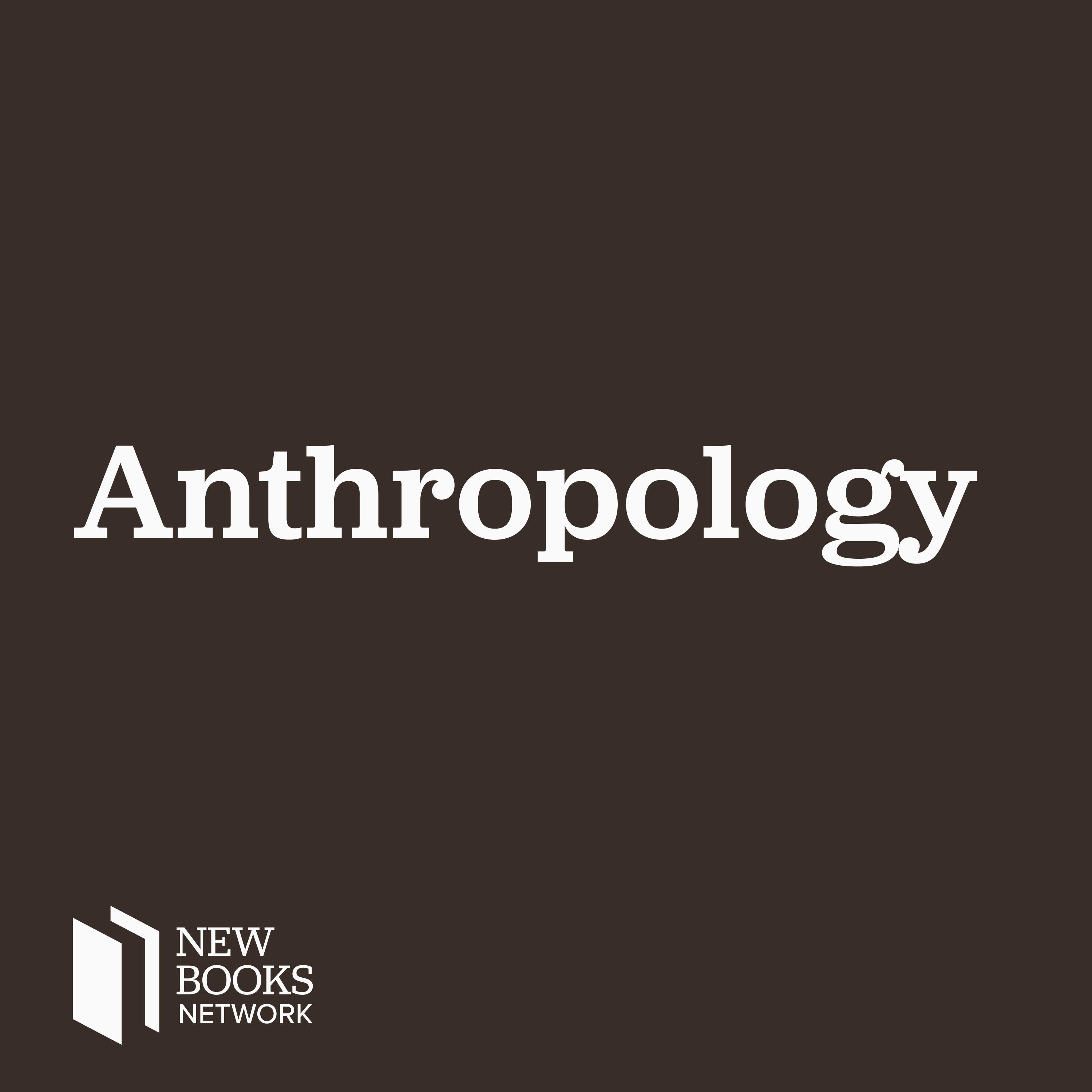Ed Pulford, "Past Progress: Time and Politics at the Borders of China, Russia, and Korea" (Stanford UP, 2024)
Description
Anxiety may have been abounding in the old Cold War West that progress - whether political or economic - has been reversed, but for citizens of former-socialist countries, murky temporal trajectories are nothing new. Grounded in the multiethnic frontier town of Hunchun at the triple border of China, Russia, and North Korea, Ed Pulford traces how several of global history’s most ambitiously totalizing progressive endeavors have ended in cataclysmic collapse here. From the Japanese empire which banished Qing, Tsarist, and Choson dynastic histories from the region, through Chinese, Soviet, and Korean socialisms, these borderlands have seen projections and disintegrations of forward-oriented ideas accumulate on a grand scale.
Taking an archaeological approach to notions of historical progress, the book’s three parts follow an innovative structure moving backwards through linear time. Part I explores “post-historical” Hunchun’s diverse sociopolitics since high socialism’s demise. Part II covers the socialist era, discussing cross-border temporal synchrony between China, Russia, and North Korea. Finally, Part III treats the period preceding socialist revolutions, revealing how the collapse of Qing, Tsarist, and Choson dynasties marked a compound “end of history” which opened the area to projections of modernity and progress. Examining a borderland across linguistic, cultural, and historical lenses, Past Progress: Time and Politics at the Borders of China, Russia, and Korea (Stanford UP, 2024) is a simultaneously local and transregional analysis of time, borders, and the state before, during, and since socialism.
Ed Pulford is Senior Lecturer in Chinese Studies at the University of Manchester. His research and teaching focus on anthropological and historical approaches to Eurasian borderlands, Sino-Russian relations, the past and present of socialism, and comparative experiences of socialism and empire. He has lived and worked in China, Russia, Japan, and Korea.
Yadong Li is a PhD student in anthropology at Tulane University. His research interests lie at the intersection of the anthropology of state, the anthropology of time, hope studies, and post-structuralist philosophy. More details about his scholarship and research interests can be found here.
Learn more about your ad choices. Visit megaphone.fm/adchoices
Support our show by becoming a premium member! https://newbooksnetwork.supportingcast.fm/anthropology
More Episodes
Professor David Zeitlyn’s book offers a major contribution to the study and analysis of divination, based on continuing fieldwork with the Mambila in Cameroon. It seeks to return attention to the details of divinatory practice, using the questions asked and life histories to help understand the...
Published 09/07/24
Unorthodox Kin: Portuguese Marranos and the Global Search for Belonging (U California Press, 2017) is a lively, readable exploration of "chosen" identity, kin, and community in a global era. Anthropologist Naomi Leite examines the complexity of how we know ourselves -- who we "really" are -- and...
Published 09/06/24
Published 09/06/24


